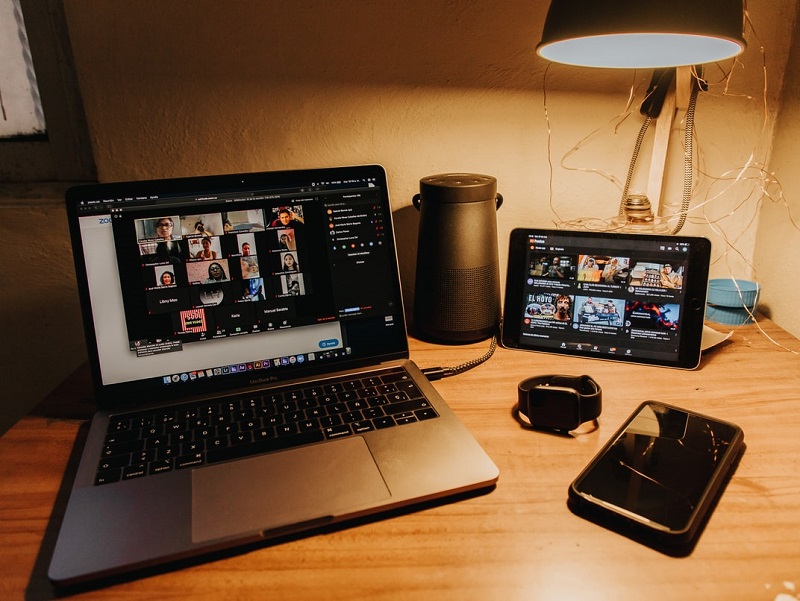Technology now touches everything we do and has transformed major sectors of our society: media, education, transportation and healthcare, to name just a few. More importantly perhaps, technology has fundamentally changed the way we communicate and interact with each other, and that’s all part of technology’s ultimate aim – changing people’s lives for the better. Indeed, technology is about ideas, new ideas, big and small, that keep us connected, that help us move forward and potentially spark and assist in generating even bigger ideas.
It’s said that while less than 7 per cent of the population was online in 2000, just over half of the global population has access to the internet nowadays, putting broadband availability at the forefront of our societies. By the start of the 2000s, research indicates that there were 740 million cell phone subscriptions worldwide. As of January 2021, there were 4.66 billion active internet users around the world. And of this total, 92.6 per cent (4.32 billion) accessed the internet via mobile devices.
The revolutionary impact of the internet underscores all our interactions, both personally and professionally. We can stay in contact with people regardless of time and location. It has accelerated the pace of business and expanded the possibilities of innovation. It’s also changed the way people express themselves, particularly through social media, and as a general rule has connected and at times divided us like never before.
As technology develops further and becomes all the more essential in our daily lives and with a vague memory of how we used to go about business and communication in the past, we navigate through and become more dependent on ever developing technologies. For example, the mere idea that one could make a video call or send an email from a device other than a smartphone a decade ago was equivalent to a sci-fi dream. Yet ever emerging wearable technology, such as audio sunglasses and smartwatches this is now a reality and a further enhancement to our communication means.
Hand-in-hand with more personalised devices and exchanges, virtual reality, a simulated experience that can be similar to or completely different from the real world and which improves the understanding of participants’ emotions and intentions by simulating voice tone, hesitations, head and hand movements, is gradually making its way into our daily lives, not just as a form of entertainment, but as a real communication means. Entire societies rely on broadband and internet providers and networks and potentially will come to depend on these even further as technology develops.
Currently, 5G, the fifth generation of mobile network, promises much faster data download and upload speeds, wider coverage and ever more stable connections. Looking ahead, 6G is already in the pipeline, with research showing that it may be available in the next 15 to 20 years, and will undoubtedly bring with it further improvements in the speed and consistency of our communication.
But in the meantime, there are companies that are investing in new technologies and infrastructure to maintain existing technologies as well as to develop them and meet new needs set by the digital age. These companies, both locally and internationally, work hard to release unlimited possibilities for all and contribute to a better future for all.
Locally, and for the past 60 years, Cyta has been a leader in the digital transformation of Cyprus. It is the largest investor in new technologies and infrastructure and provides the island with cutting edge technologies such as 5G and Fiber. More recently, out of dozens of networks across Europe, it was awarded with the ‘Europe’s Fastest Mobile Network 2021’ by Ookla®.
To win this award, Cyta achieved a Speed Score of 134.69, with average download speeds of 204.15 Mbps and average upload speeds of 27.18 Mbps. Ultimately, initiatives such as Cyta’s will see us navigate through the coming decades and support the fast paced, ever changing new technologies and required infrastructure to assist in our digitalised interactions. There is no doubt that in the years to come, we will depend on reliable networks all the more.







Click here to change your cookie preferences